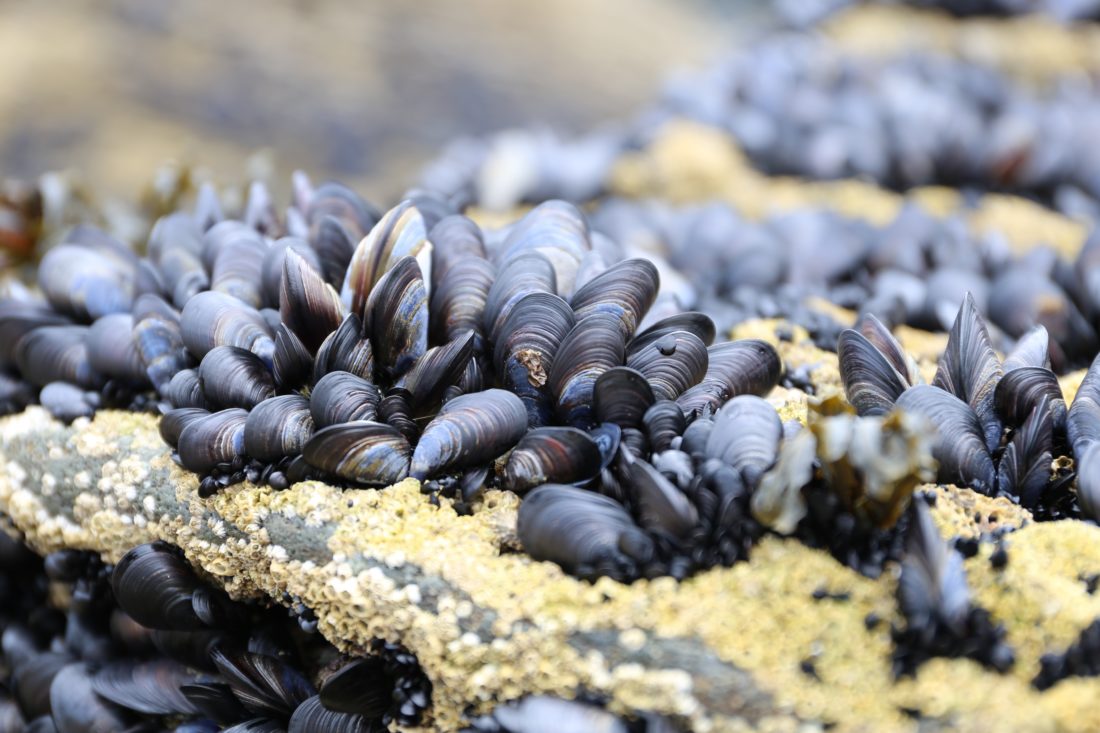
Mussels: great ocean sanitizers
Natural solutions to purify the oceans
For several years now, hundreds of teams from all fields (technology, science, environment, etc.) have been looking for new ways to clean the ocean of its impurities, waste and pollution. However, there are natural solutions that could help us to clean the oceans on a large scale.
I announce here: mussels!
Indeed, mussels have an astonishing water filtration capacity, they can filter up to 25 litres of water per day by storing in their shells and flesh all the impurities they catch. They have a feeding system that consists of pumping water to capture phytoplankton, but they do not release other microparticles present in the water. Pesticides, bacteria, micro-plastics, drug residues, they catch all these pollutants and keep them. This is a blessing for the purification of aquatic environments, which require a major cleaning.
In addition, because of their filtering capacity, mussels are also known to be outstanding references in the evaluation of the quality of the water in which they are found. Some studies involve placing mussels on the shores of estuaries of certain rivers and leaving them submerged for several weeks before harvesting. It is then interesting to count the trapped particles and observe whether chemical additives are present. Thus, mussels serve as bio-indicators of the health of aquatic environments (rivers, lakes, etc.).
As far as water purification is concerned, the idea would therefore be to cover as many aquatic spaces as possible with mussel, in order to allow for the absorption of the ubiquitous microparticles. This process is already in place to cleanse certain marine environments of pesticides, for example. These mussels, which are then harvested, should obviously not be eaten.
The incredible absorption capacity of these animals makes it necessary to set up strict sanitary rules for the mussels destined for our plates. But mussels are never completely clean of micro-plastics, we ingest on average 70 pieces per 100 g of flesh consumed, according to a study published in Environmental Pollution in 2018. But you should know that a mussel dish contains no more micro-plastics than a meat piece wrapped in plastic. A human being would ingest up to 5 grams of plastic per week, the equivalent of a pen or a credit card.
Large-scale sewage treatment is still a distant but not entirely utopian project. It would be a completely natural solution that could contribute to the long-term clean-up of the oceans. Other natural and very effective solutions for the well-being of the oceans would be to limit one’s consumption of plasticised products, give preference to products packaged in glass or cardboard, and not (obviously) throw anything away in aquatic spaces (or any other public spaces).
And you, what are your solutions to limit ocean pollution?

Sorry, the comment form is closed at this time.